Executive Advisory
Ignitability can provide a trusted advisor who will engage with Executives over the long term to help them gain clarity around their most pressing issues. Our experience and independence enables us to listen, challenge and question so the Executive can determine a way forward, assisting with that plan for change, and holding the Executive accountable for its implementation over time.
Leadership Coaching
Leadership coaching is the very definition of reducing interference. Increasing self-awareness and insight into personal characteristics facilitates the recognition of the impact of these attributes on leadership behaviours. In essence, this coaching involves taking an honest look at the way in which personal characteristics and behaviours impact on decision-making, relating to others, planning, and all the various other executive functions. Assessment tools, such as Hogan, can be utilised to support this work.
Objectives of coaching –
- Discern what leaders do and do not have control over
- Development of self-awareness i.e. recognition of the impact of personal attributes on leadership behaviours
- Discover/rediscover their purpose & values
- Notice habitual patterns of mindset, beliefs, emotional triggers & behaviours that may be limiting growth
- Find their personal agency & influence
- Realise the impact their mindset has on their outlook & results
- Understand how they get stuck in their own mental models & how to spot & break unproductive patterns
While there are many approaches to providing coaching, the preferred approach is a six- month relationship. We will set up an initial meet and greet to make sure that the ‘fit’ is right – individuals need to feel comfortable with their coach to ensure that they get the maximum out of their sessions.
It is critical there is alignment between the coach, the client and the organisation. For those sponsored by their organisations we will meet with both the client and their manager to discuss the outcomes and goals of the coaching.
Hogan Assessments
Leadership competency is driven by personality, intelligence, experience and behaviour choices.
The Hogan personality assessments capture natural and likely behaviour as seen by others. The HPI and HDI pinpoint behavioural tendencies that can help or hinder one’s reputation. The MVPI pinpoints how one derives meaning at work and in their personal lives.
The Hogan 360 captures an individual’s workplace brand as typically seen by their manager, peers and direct reports.
Combining the 360 with the personality assessments captures the complete person. The 360 identifies “The What”, (i.e. a person’s performance and reputation at a given point in time) and the personality assessments explain “The Why”, (I.e. why certain behaviours are being displayed). The combination provides an overall measurement of leadership effectiveness.
Using these data points we create a development plan aimed to build self-awareness, improve effectiveness and ultimately ROI through focus, motivation, ongoing coaching and deliberate practice.
Career Development
With the help of a coach the individual will complete work to identify their leadership purpose, articulate their values, identify skills & experience, and undertake a SWOT, looking at what obstacles are getting in the way of being the leader they would like to be.
The next step is to articulate short and long-term goals, ensuring these are compatible with their organisation’s goals.
Transitioning – The First 100 days
The new leader and transition coach work together to accelerate their speed to impact and reduce the risk of issues by developing a transition plan; a road map that will define critical actions that must take place during the first 100 days to establish credibility, secure early wins and position the leader and team for long-term success. The transition coaching relationship also includes regular meetings with the new leader as well as ongoing feedback.
It is also possible for the coach to conduct a “pulse check” of the key players, including the boss, direct reports, peers and other stakeholders, after six to eight weeks to gather early impressions so that the new leader can make a course correction if needed.
Skills Modules

What is Leadership?
The fact of the matter is that leadership skills are not innate. They can be acquired, and honed. But first you have to appreciate how they differ from management skills.
Management is about coping with complexity; it brings order and predictability to a situation through processes. But that’s no longer enough—to succeed, companies must be able to adapt to change. Leadership, then, is about producing movement and constructive or adaptive change through establishing direction in Vision, aligning people, motivating and inspiring.
In this module we will spend some time understanding the distinction and how these differences play out in the day to day.

Time Management
Good time management allows leaders to accomplish more in a shorter period of time, which leads to more free time, which lets them take advantage of learning opportunities, lower stress, and help focus, which leads to more career success.
Each benefit of time management improves another aspect of one’s life.
During work in this module, the individual can explore different ways of organising the way they approach their work, using four quadrants to prioritise tasks in relation to their importance and urgency.

Delegation
Being able to delegate tasks is a key part of any role. Without it, managers are simply doing work that team members could be doing for them. Further, when leaders delegate certain tasks to others, they become free to focus on higher-value activities such as strategic thinking and other tasks only they can perform, such as leading and coaching their teams.
Delegation also gives enough room and space for staff to flourish in their abilities and skill, increasing their motivation.
This module helps the individual understand what is holding them back from empowering their teams.

Leading Change
Leaders are absolutely required to not just embrace change, but to lead it. We know that leaders without emotional intelligence and coaching capacity will almost certainly fail at leading change.
Major change initiatives, whether intended to boost quality, improve culture or reverse a downward spiral, generate only lukewarm results, Many fail miserably. Why? Too many managers don’t realise transformation is a process, not an event. It advances through stages that build on each other. Pressured to accelerate the process, managers skip stages. But short-cuts never work.
By understanding the stages of change, and the pitfalls to each stage, the chances of a successful transformation will increase. This module provides the tools to help lead “the people side of change”.
